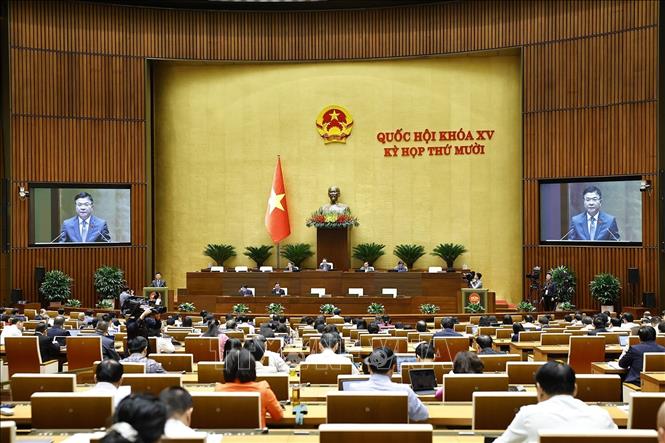
The draft law has identified and established the management principles and the structure of rights and obligations of civil servants in a modern direction, approaching new public administration. However, there are still different opinions regarding the rights of civil servants to sign contracts to perform professional activities and business activities.
There may be a potential conflict of interest between public and private sector positions.
Delegate Nguyen Thi Viet Nga (Hai Phong) acknowledged that Point b, Clause 1, Article 13 allows civil servants to contribute capital, participate in the management and operation of non-public enterprises, cooperatives, hospitals, educational institutions, and scientific research organizations, except in cases where the law on anti-corruption or specialized law provides otherwise. This is an open provision, creating opportunities for civil servants to exploit and promote their capacity, encouraging the use of each individual's capacity to contribute to society, and taking advantage of the intelligence and expertise of civil servants in the private sector. However, the delegate said that, in parallel with expanding this right, it is necessary to tighten regulations on control mechanisms, anti-corruption.
“This regulation may potentially pose some risks such as conflicts of interest between positions in the public and private sectors (especially when the official is the manager of both public and private units operating in the same field), leading to the abuse of positions in the public sector for the benefit of the unit they manage in the private sector,” the delegate explained.
Therefore, delegates believe that there should be regulations not allowing management officials to participate in the management and operation of private businesses and activities in the same field in which they are working; regulations on the mechanism for declaration, transparency, supervision and accountability of capital contribution and management participation of officials in the private sector (especially for management officials).
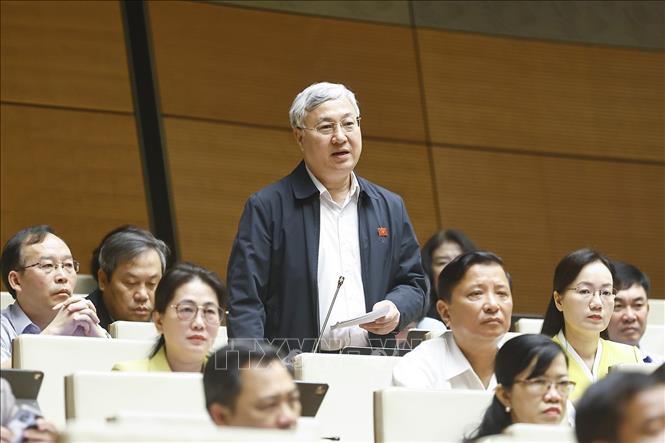
Debating with the Russian delegate, delegate Tran Van Lam (Bac Ninh) said that such a regulation is unreasonable, because civil servants are working very well in that field, they must be allowed to develop that field to expand outside.
“Doing business in areas that are not people’s forte or advantage is almost unreasonable. This is also a manifestation of the mindset of if you can’t manage it, then ban it. The core issue is how to establish a management mechanism in public establishments so that people cannot take advantage of it, cannot carry it out if they have that intention,” said delegate Lam.
Agreeing with the revised content as in the draft law, according to delegate Cao Thi Xuan (Thanh Hoa), these are regulations aimed at taking advantage of the capacity and professional experience in the professional activities of civil servants to contribute to society, especially jobs requiring high expertise in the fields of health and education, while at the same time, increasing legitimate income for civil servants. These regulations are consistent with the general policy and general trend in reform and innovation to maximize all resources for national development, while also creating conditions for civil servants to have more opportunities to improve their lives and income to be independent in their lives.
However, compared with the current law, the draft law has expanded rights, more specifically the rights but "it seems to lack strictness in ensuring the principle of completing all tasks and responsibilities of a state official before participating in outside work. In other words, if there is no strict monitoring mechanism, it can lead to the consequence that the main task becomes secondary, the quality of basic essential public services is not guaranteed"...
Delegate Xuan suggested that the drafting agency carefully review and supplement regulations to avoid the above risks and, if necessary, assign the Government to provide detailed regulations so that there can be more time to calculate the measures to be built to ensure feasibility, effectiveness and efficiency in managing the civil servant team.
Regarding this regulation, delegate Nguyen Tam Hung (Ho Chi Minh City) proposed to add the obligation to declare, report and get written approval from the head before signing, and at the same time stipulate a "cooling off" period of at least 24 months after leaving the management position before participating in the management of a private organization in the same field. This helps ensure transparency and avoid transferring benefits from the public sector to the private sector.
According to delegate Nguyen Tam Hung, the draft law has not yet clarified the scope of the prohibition on participation in business activities. He proposed to clarify that civil servants are not allowed to invest, contribute capital, operate or guarantee businesses or organizations in the same field of expertise as their unit. Expanding the scope of the prohibition like this is to prevent the situation of "one foot in, one foot out", avoiding conflicts of interest, especially in the fields of health, education, and scientific research - where the boundary between public service and private interests is easily confused.
Do not terminate the contract if the employee still meets the requirements of another job position.
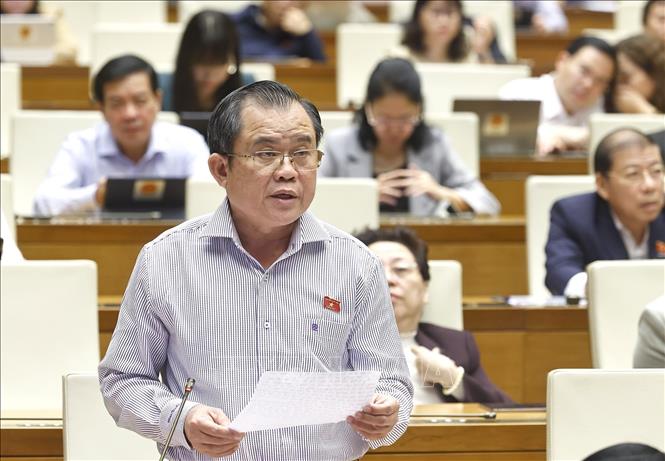
Discussing the draft law, many delegates were also concerned about employment contracts for civil servants, civil servant discipline...
Delegate Nguyen Tam Hung emphasized that the new bill only stipulates individual disciplinary measures but has not yet established joint responsibility of the head. He proposed adding a provision stating that “the head of a public service unit must bear joint responsibility if systematic violations occur or if he covers up or tolerates wrongdoing.” This mechanism clearly demonstrates the principle of controlling power and enhancing integrity in public service management.
Delegate Nguyen Hoang Bao Tran (Ho Chi Minh City) said that the draft has provided clearer regulations on types of employment contracts, rights and obligations of the parties. However, in practice, when merging organizations, many officials, although completing their tasks well, fall into a state of "mechanical redundancy", not because of weakness, but because the organization no longer has corresponding positions.
Currently, regulations do not have a mechanism to force the governing body to proactively arrange, introduce or second redundant civil servants to other units within the same public system. Most civil servants have to find jobs themselves, contact and request to transfer to suitable jobs, and in many cases, their contracts are terminated, which is very disadvantageous.
The delegate proposed to supplement Clause 3, Article 20 in the following direction: “In case of redundant civil servants due to the rearrangement of administrative units or the reorganization of public service units, the management agency is responsible for arranging, seconding or introducing civil servants to units suitable for their expertise and capacity. The contract shall not be terminated if the civil servant still meets the requirements of other job positions.”
This is not only humane but also avoids wasting resources, because in addition to their professional training, civil servants are also trained and nurtured in many other skills. The age of 35-50 is the stage of maturity in terms of experience and courage, they need to continue to contribute instead of becoming unemployed unintentionally.
Source: https://baotintuc.vn/thoi-su/de-nghi-giam-sat-chat-vien-chuc-tham-gia-cong-viec-ben-ngoai-20251113122516409.htm





![[Photo] Deep sea sand deposits, ancient wooden ship An Bang faces the risk of being buried again](https://vphoto.vietnam.vn/thumb/1200x675/vietnam/resource/IMAGE/2025/11/13/1763033175715_ndo_br_thuyen-1-jpg.webp)


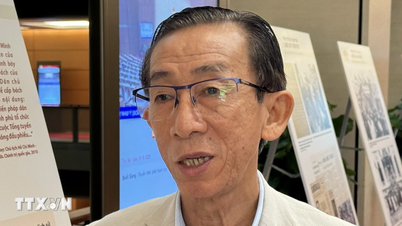

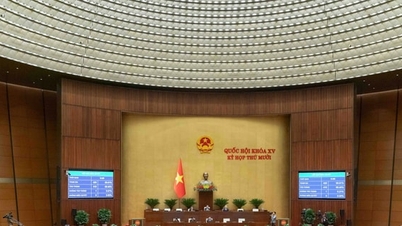

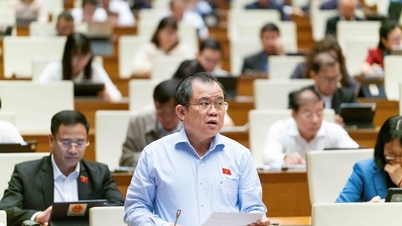

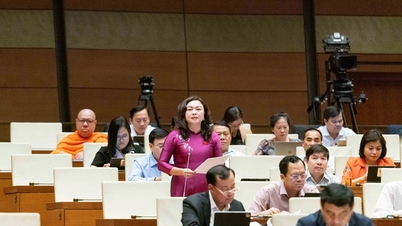




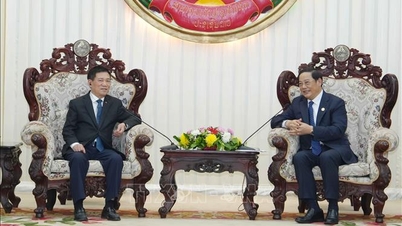


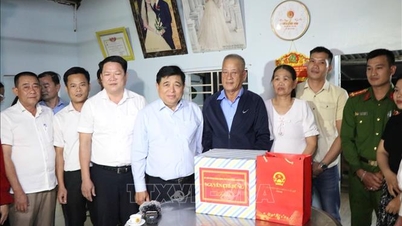
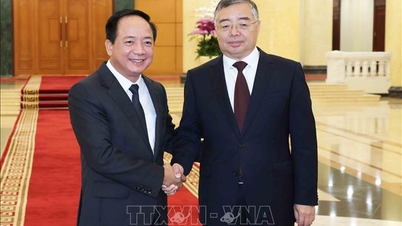







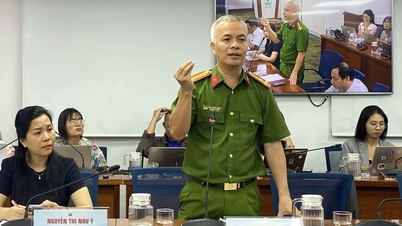


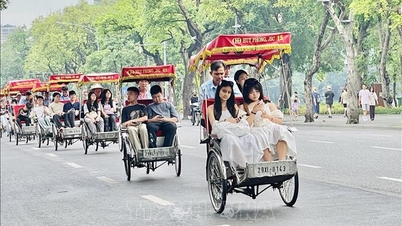
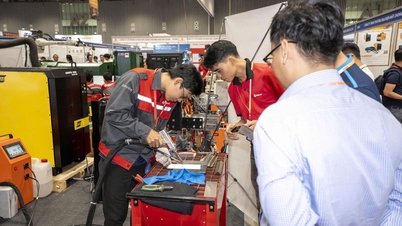







































![[Photo] Panorama of the 2nd Vietnam-Cambodia Border Defense Friendship Exchange](https://vphoto.vietnam.vn/thumb/402x226/vietnam/resource/IMAGE/2025/11/13/1763033233033_image.jpeg)
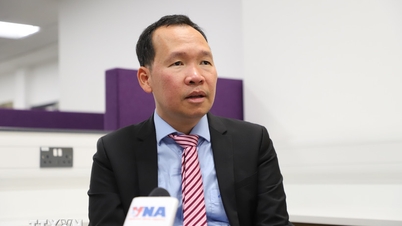

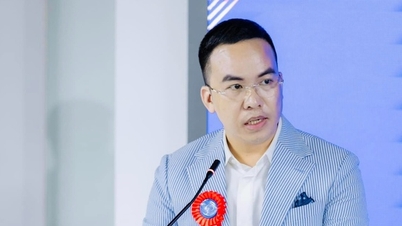
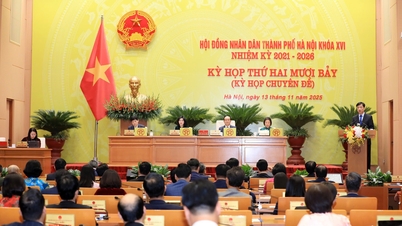

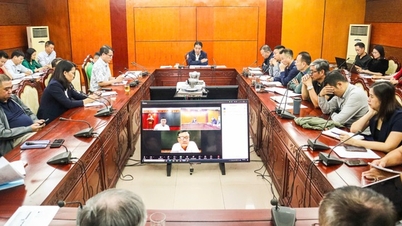

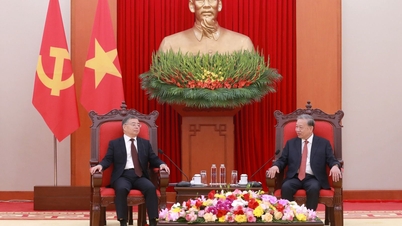
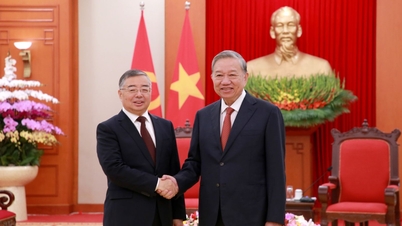








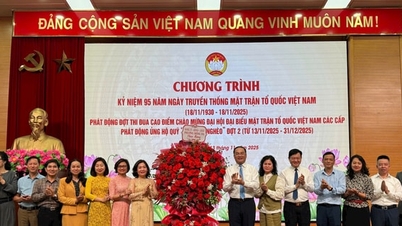




![Dong Nai OCOP transition: [Article 3] Linking tourism with OCOP product consumption](https://vphoto.vietnam.vn/thumb/402x226/vietnam/resource/IMAGE/2025/11/10/1762739199309_1324-2740-7_n-162543_981.jpeg)







Comment (0)